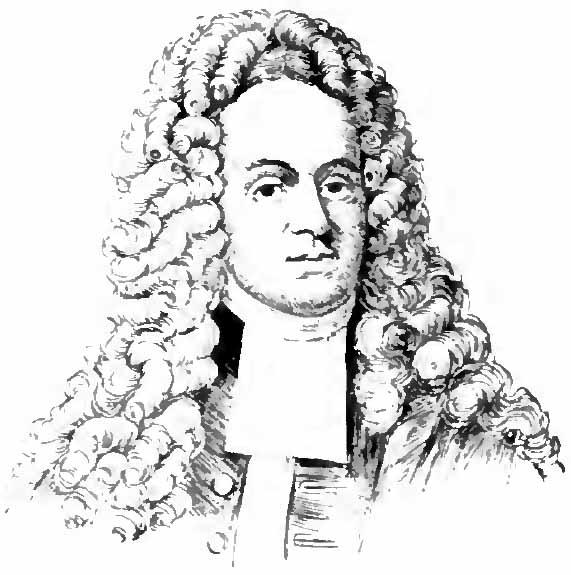1. What role did the Revolutionary War play in the transformation of housewifery to Republican Motherhood?
Women in the Revolutionary War were able to contribute more to the war effort than they had been able to before. With the men gone fighting, women were the ones left to support them from home as well as raise good citizens during the war, preparing them by teaching their children the principles of liberty and government (Document B). They started to have a more active role in society.
2. What were the consequences of Republican Motherhood on women?
They were given more responsibility in making sure that their children grew up to be good members of society- it was said that the home was the cradle of humanity and women were to pass along values they had learned (Document A). It was also deemed important to educate women "in the branches of literature" so they could be effective teachers to their own children. (Document B). This gave them more influence in how society was run (Document D).
3. What is the significance of the ideology of Republican Motherhood as a stage in the process of women's socialization?
When women in this time period began to get more responsibility in their lives, it helped them to realize all of the possibilities of what could happen in the future. Their education and increased influence in society served an important role for helping them to push for more responsibility later on, and become much more than just a caretaker of the children.
Mary Gibson Tilghman and her Sons by Charles Wilson Peale, 1789
1. The setting:
Mrs. Tilghman and her sons are sitting on a sofa for this portrait, but her husband isn't with them. They don't seem to be upset about that, though.
2. Who serves at the center of the portrait and why? How does she look? How is she "republican" rather than aristocratic?
The mother is at the center, suggesting that she is fundamental to the family and is responsible for many things in the household. She looks moderately wealthy, but could be considered republican rather than aristocratic because she's actively bring up her children and being a part of their lives rather than hiring someone else to take care of them, which is what an aristocratic person might do.
3. What values do her sons exhibit?
Her sons seem to have a close bond with her, likely because she spends a lot of time with them and cares for them to have a prominent role in their lives.
4. Is there a significance to the position of Mrs. Tilghman's arm?
Mrs. Tilghman is holding her son close to her, showing that she cares for him a lot and has spent time raising her children with affection.


